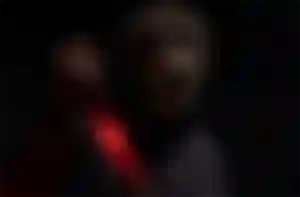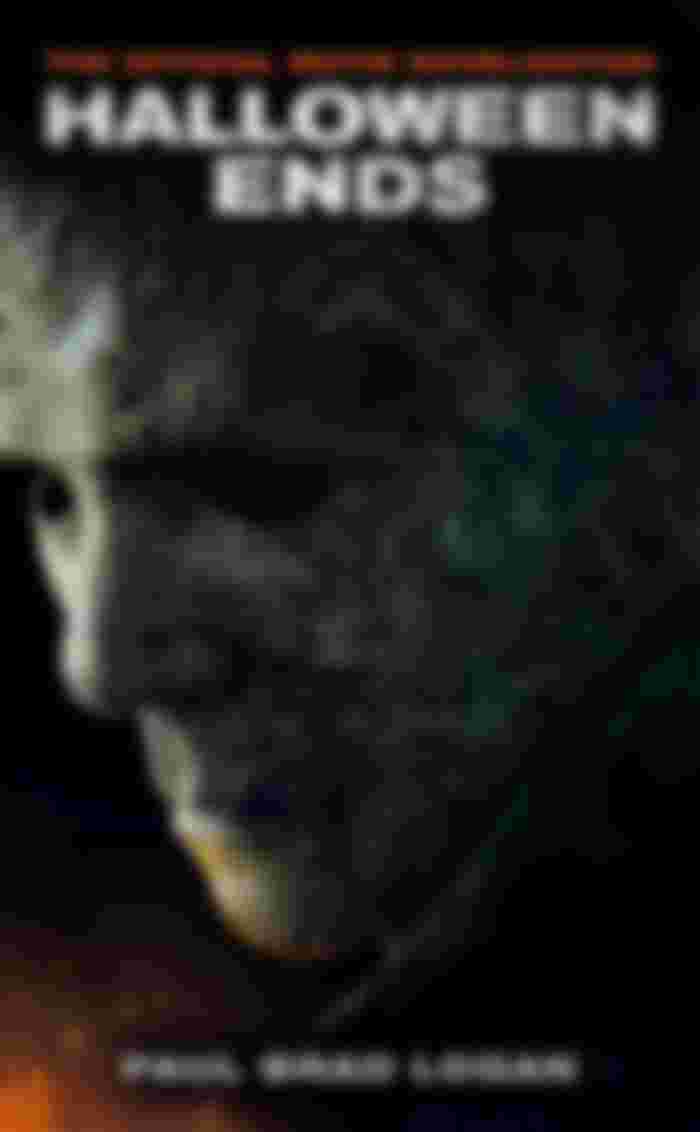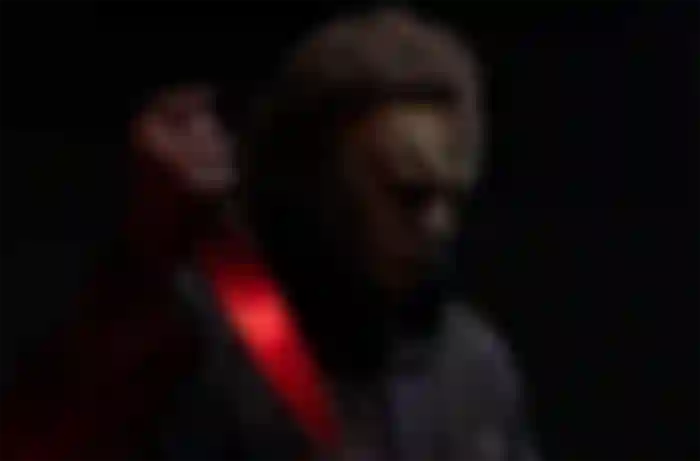Halloween Ends
Oct 14, 2022
Behind good horror movies, as is often the case with any genre, lies the certainty that there are stories that deserve to be incorporated into our memory so as never to leave it. In this case, what was told in John Carpenter's Halloween (1978) continues to produce in viewers of my generation the need to relive certain fears. I remember as a child how we used to watch these horror movies at a friend's house. We all went there to enjoy these nights of terror. It does not matter that we know the whole plot of Halloween very well. When young Laurie Strode (Jamie Lee Curtis) feels the disturbing presence of psychopath Michael Myers, we continue to walk her through her nightmare. And we do it with the same dedication with which, so many years ago, we witnessed for the first time that spooky nocturnal adventure that Carpenter filled with suspense and fatality.
Eleven films later ‒imagine what has happened between Halloween II: Bloodthirsty (1981) and Halloween Kills (2021)‒, we find the definitive closure (?) of this inexhaustible series.

David Gordon Green, who culminates here in the trilogy inaugurated on Halloween night (2018), seems to ask Laurie:
«And what are you going to do now?».
That girl from 1978 is now an older woman, obviously traumatized, who listens to the ticking of the clock with the certainty that she will never see her daughter again, murdered by Michael Myers in the previous film.
Laurie now lives with her granddaughter Allyson (Andi Matichak) and tries to avoid that unhealthy feeling that still pervades Haddonfield, Myers' chosen setting for his crimes. While both try to heal their wounds, Corey (Rohan Campbell) crosses their path, a young man marked by another tragedy that is narrated in the wonderful prologue of the film.
Corey being the lead for much of the movie is a respectable decision, but I don't know if the script chooses the best endpoint for him.
Actually, David Gordon Green seems to move away from the conventions of the slasher to embrace the type of story that so attracts Stephen King: a story that deciphers what goes unnoticed in a town that could be perfectly real. The lot is completed with a rarefied atmosphere and with the intervention of an outcast who, without knowing very well why, presses the switch of Evil in its purest form.

Those two souls of the film ‒the one type of slasher and the one that pretends to be a metaphor for violence in America‒ coexist with some difficulty, stealing space and generating a product that is not as convincing as expected.
Now, that doesn't stop the show from being solid. The performance of Jamie Lee Curtis overcomes the less accurate moments of the script, and as a tip, we find tributes to other films by Carpenter, who also signs the soundtrack with his son Cody Carpenter and Daniel Davies.
Although the film fails to decipher the correct order of the factors that did work in the 2018 installment, there are loose parts that make up for its mistakes. In this sense, the horror franchise inaugurated by Carpenter reaches its conclusion with a film that is less epic than it should be, but nonetheless interesting.
Synopsis
Four years after the events of Halloween Kills, Laurie (Jamie Lee Curtis) lives with her granddaughter Allyson (Andi Matichak) and is about to finish writing her memoir. No one has seen Michael Myers since. Laurie, after allowing Myers' specter to control her reality for decades, has finally decided to leave her fear and rage behind and dedicate herself to living. But when Corey Cunningham (Rohan Campbell) is accused of killing the boy he cared for, a cascade of violence is unleashed, forcing Laurie to once and for all confront an evil she can't control.
For more than four decades, the Halloween franchise and the lead character of Laurie Strode, played by Jamie Lee Curtis, have revolutionized and redefined the horror genre. The incredible, record-breaking relaunch of Halloween Night in 2018 followed by the tremendous success of Halloween Kills in 2021 comes to an end with the most unexpected conclusion in a film that has nothing to do with the previous installments.
From the beginning, director David Gordon Green, who directed and co-wrote the trilogy, and the producers wanted to give each of the three films a separate creative signature and emotional arc, while not forgetting what fans of the franchise enjoy most. . "The public expects that some ingredients are repeated in a Halloween movie," says the director. “And we have always tried to keep it that way. On some occasions, we get fully into the clichés of the franchise's mythology, but on others, we totally get away.
Like 2018's Halloween Night and 2021's Halloween Kills, the entire score for the film was recorded in studios in the homes of John Carpenter and Daniel Davies. Throughout the soundtrack, delicate pieces of ambient music are woven between the more dramatic moments without ever losing the subtle pop leanings. The three great musicians, including the inventor of the synth-based horror music genre, have composed light, easy-listening, evocative music that lives up to a decades-long legacy to a triumphant conclusion.

See you tomorrow!
Follow me in:





Another Halloween movie? Is it really Halloween ends? It seems this is not going to end lol!